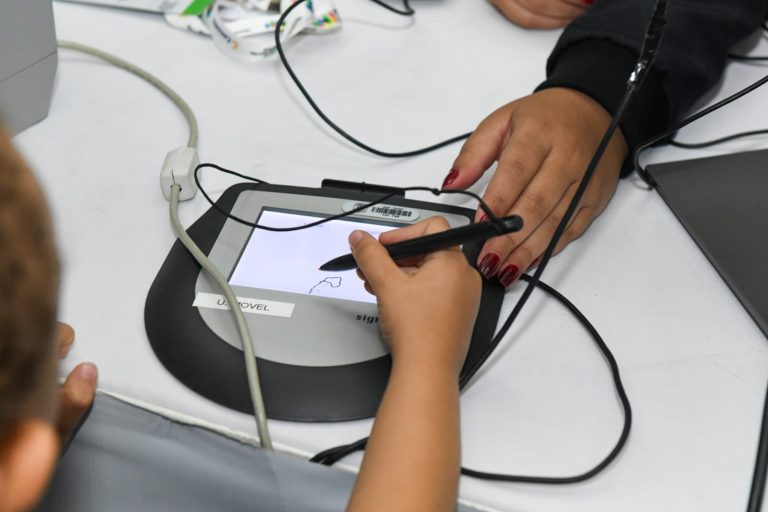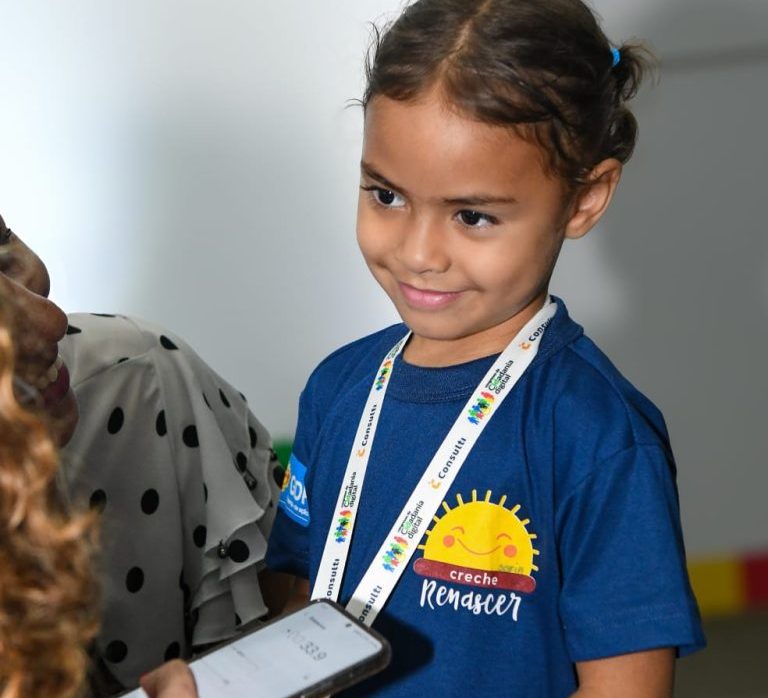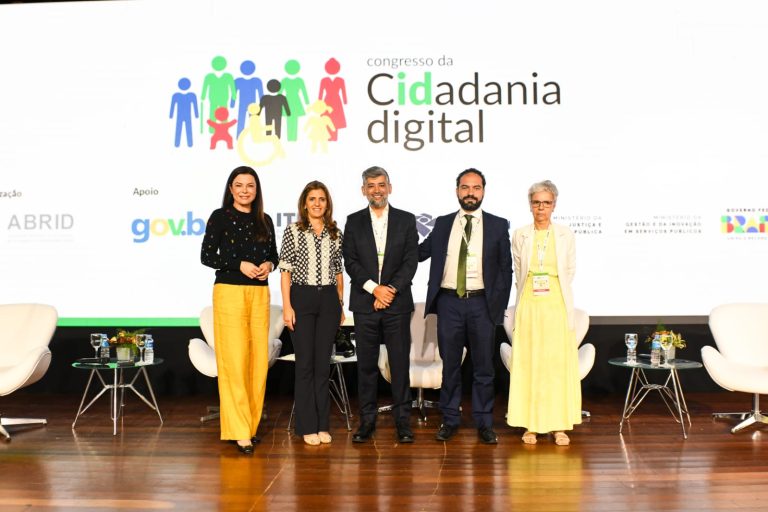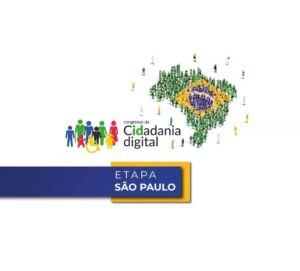On Wednesday (18), the Department of Justice and Citizenship (Sejus-DF) attended the Congress of Digital Citizenship, held at the Royal Tulip Brasília Alvorada Convention Center. The event, organized by the Brazilian Association of Digital Identification Technology Companies (Abrid), has the participation and support of the Ministry of Management and Innovation in Public Services (MGI), the Ministry of Justice and Public Security (MJSP), the National Institute of Information Technology (ITI), the Federal Police (PF), and the Federal Revenue of Brazil (RFB)

For the Secretary of Justice and Citizenship, Marcela Passamani, who presented the panel ‘Neonatal and Child Identification – Citizenship and Security for Our Children,’ it is essential to discuss digital citizenship. “Although we already have a law in the Federal District that establishes a protocol against baby kidnapping, the aim now is to advance even further in public policies and create a service point exclusively for child identification for those under 4 years of age. It is necessary to include children and newborns in the civil identification system,” she stated.
For 11 children aged 3 and 4 from the Early Childhood Education Center Estrela do Cerrado in Ceilândia, the morning was filled with fun. The students underwent biometric registration for the issuance of the new National Identity Card (CIN). Little Sofia Gabriele, 4, enjoyed participating in the event. “I put my little finger on it, and the green light came on; I’m going to have my name, my fingerprint, and my photo on the card,” she shared.

For the issuance of the document, birth certificates and authorizations from the children’s parents or guardians were presented to the attendants from Valid, the company responsible for collecting biometrics for the Identification Institute of the Civil Police of the Federal District (PCDF). To enable children and visitors at the congress to have their CIN issued immediately, the PCDF set up an identification center. The entire issuance process, along with support for the children and the management team of the daycare, was monitored by the Subsecretariat for Policies for Children and Adolescents (Subpca) of Sejus.
The experience benefited from the expertise and support of the company Infant ID, which develops biometric identification technologies for children aged 0 to 5 years and is a pioneer in the market for collecting quality fingerprints from babies as early as their first hours of life.

Article 10 of the Child and Adolescent Statute (ECA) innovatively provides for the identification of newborns through the registration of their plantar and digital fingerprints, as well as the mother’s digital fingerprint. In this sense, the expansion of digital identification for children is a response to a legally established right that ensures the protection of their identity and citizenship.
Throughout the congress, the latest innovations and their practical applications have been presented; the event has also deepened discussions on the effective implementation of citizenship through Brazil’s new Identification System. The program includes dozens of guests from the public and private sectors to discuss innovation and trends in civil identification, digital identity, electronic signatures, public digital infrastructure (IPD), artificial intelligence, and data sharing, among other topics.
Full Article: https://www.sejus.df.gov.br/congresso-discute-o-uso-de-novas-tecnologias-para-identificacao-digital/




